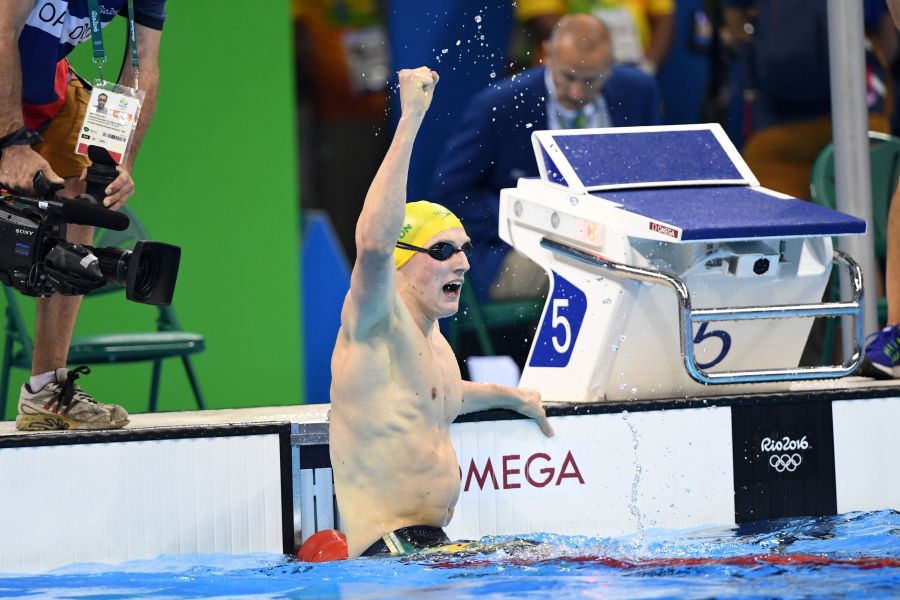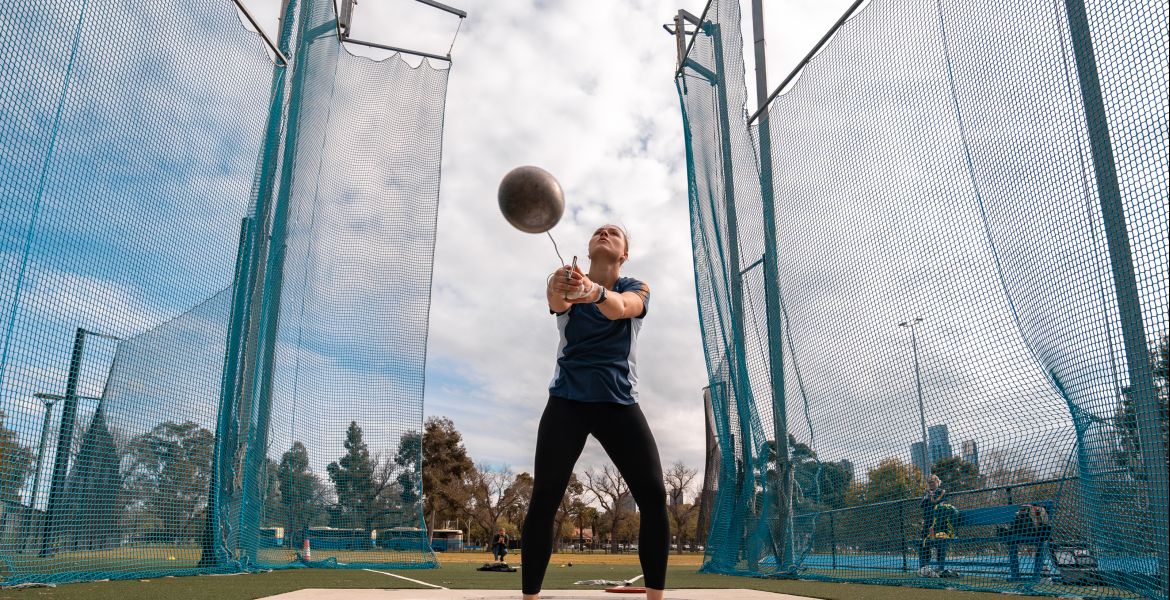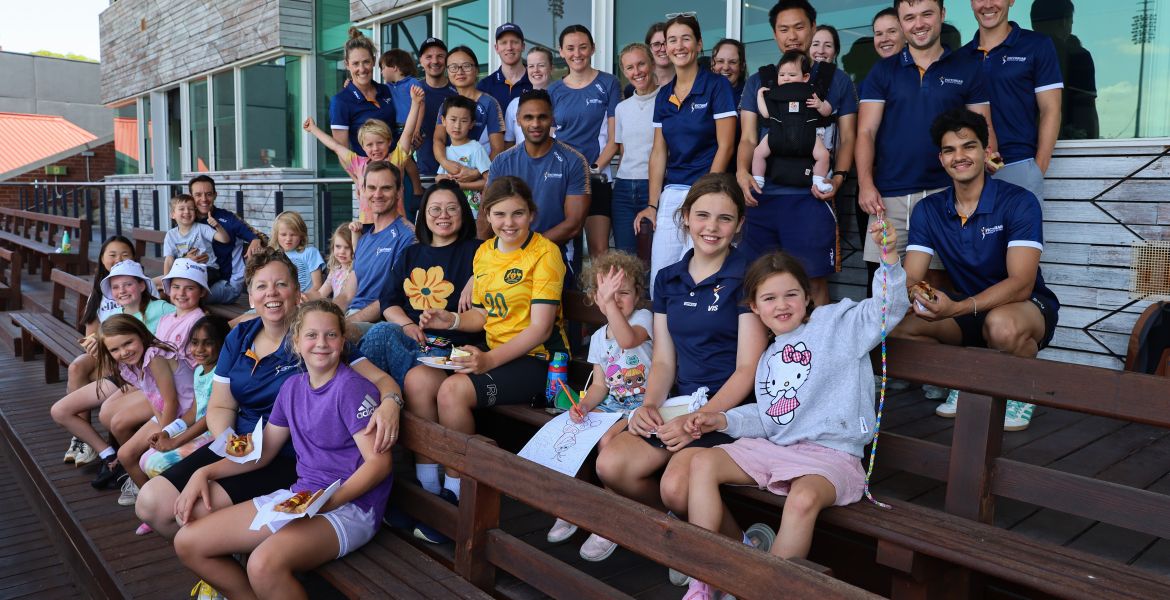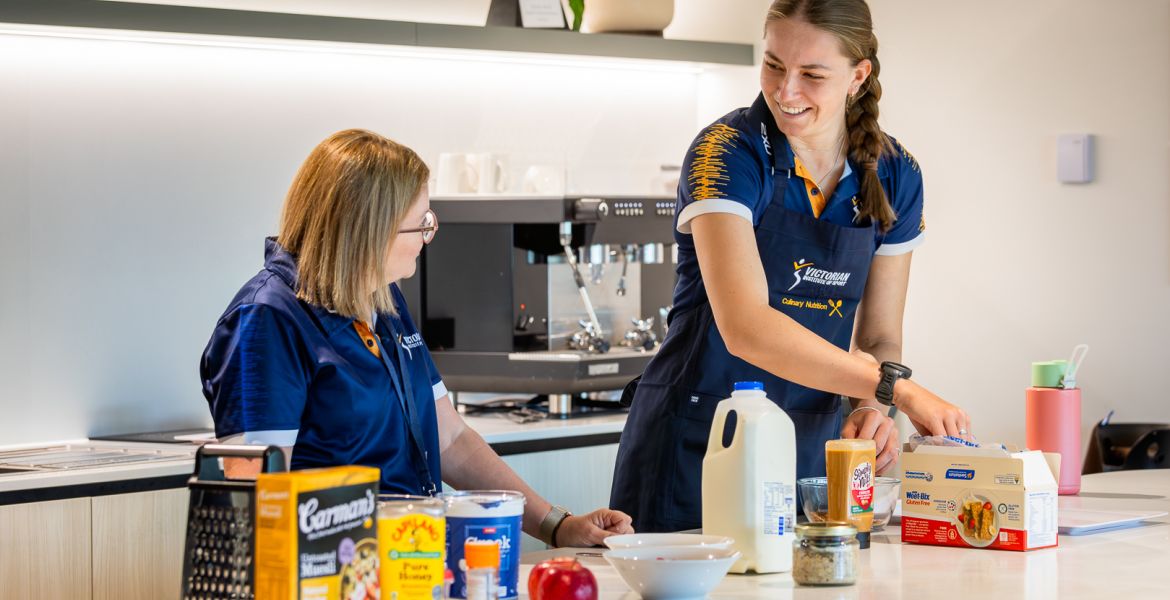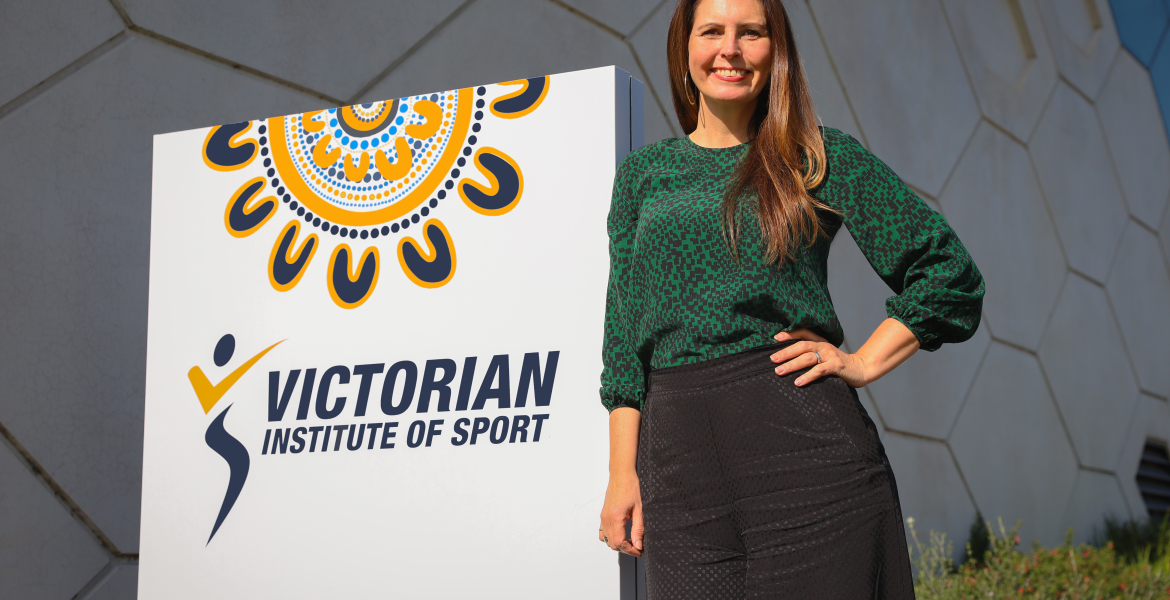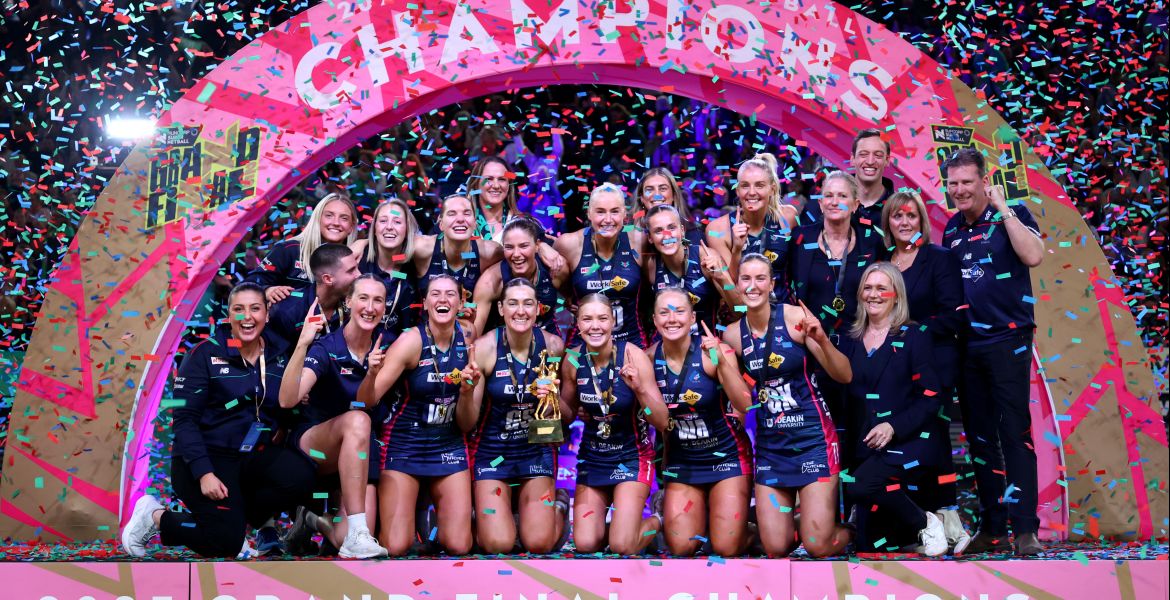Mack Horton’s sensational 400m freestyle victory early in the afternoon on that first Sunday of Rio action lit-up Australia’s Olympic campaign.
The 20 year old from Melbourne became a household name “overnight”.
Of course coaches and staff at the Victorian Institute of Sport weren’t as surprised as the rest of the nation because they realised that the “overnight success” had been many years in the making.
Horton was still at school when he turned heads on the international stage by sweeping all four freestyle titles from 200m-1500m at the World Junior Swimming Championships in Dubai in 2013.
Barely out of his teen years when he was selected for Rio the feeling was he might win gold in 2016, but he should be swimming quicker in Tokyo four years later.
Well, we didn’t have to wait for Tokyo to see the young man come of age. Australians were still settling in to their Rio TV viewing patterns on day one at the pool when Mack stormed home in a thrilling finish to snatch the gold medal from the favourite, China’s Sun Yang.
He joins an illustrious list of Australian champions to win the Olympic 400m title, including Murray Rose, Brad Cooper and Ian Thorpe.
Rose defended his 1956 Melbourne crown at the following Olympics in Rome and Thorpe famously went back to back in Sydney and Athens.
Interestingly while Victorians have enjoyed great success in other sports such as rowing, cycling and track and field we haven’t won many swimming golds. Perhaps it’s related to the climate!
When Leisel Jones was based in Melbourne she became the only VIS athlete to win an individual swimming gold medal at the Olympic Games.
During the 18 months prior to the Games “Mack the Knife”, as he was invariably dubbed by the media, spent one day a week at the VIS working on his technique in the pool and his strength in the gym. Five days a week he was across the road at MSAC.
The Training Schedule of an Olympic Champion
Monday | 6.00-8.30 am, 3.00-5.15 pm | MSAC |
Tuesday | 6.00-8.30 am, 3.00-5.15 pm | MSAC |
Wednesday | 10-12.00pm biomechanics | VIS |
Thursday | 6.00-8.30 am, 3.00-5.15 pm | MSAC |
Friday | 5.30- 7.45 am, 3.00- 5.15pm | MSAC |
Saturday | 5.30-7.45 am | MSAC |
A number of VIS staff helped coach Craig Jackson prepare Mack for his Rio campaign, in particular strength and conditioning coach John Tascone, Sport Scientist Nick Owen and Biomechanist Dr Elaine Tor (see sidebar).
Tascone spent hours working on Mack’s strength so that he would have maximum rebound when he turned, while Owen has been in Mack’s corner for the last few years.
Each of them rightly feel in their own way that they contributed to a victory that has already found itself a niche in Australian sporting folklore.
Dr Elaine Tor - An Extra Kick at Rio
VIS Biomechanist Dr Elaine Tor worked closely with Mack in the lead up to the Australian Championships and then into Rio four months later.
Between that Adelaide meeting, when Mack swam the third fastest 400m in history, and the Rio Olympics Elaine and coach Craig Jackson came up with a secret weapon.
After drilling down deep into the performances of Mack’s main opponents they predicted where opportunities could emerge for the 20 year old VIS scholarship holder to gain water on the others.
They planned carefully where he would change gear while still holding his stroke and, perhaps most important of all, they decided to add an extra kick to his final turn.
Mack would kick three times, instead of his usual two.
Check out what happens at that last turn, click here.
You’ll see arch rival Sun Yang narrowly leading as they approach the wall but when Mack surfaces after the turn he’s clearly in front and it was a lead he never relinquished.
It took four months to perfect that extra kick!
Elaine and the team also focused on other aspects of Mack’s turns. They even developed a world first App with Victoria University and Superinteractive which gave instantaneous readings of wall contact times.
Something else they noticed - Mack’s turns were too shallow and he was pushing off into a “wall of drag”. The team worked with him to turn deeper so he was travelling faster while using less energy because he wasn’t fighting against the drag.
So can we quantify the success of the turn improvements?
Looking at Mack’s longer race, the 1500m, provides more opportunity for broad analysis. He was ten seconds off his PB in that final race on the swimming card; but incredibly race analysis showed his turn times were quicker than ever, so clearly other factors were at play in the 1500m.
When millions of Australians tuned in to watch Mack win gold on that first Sunday they thought the swimming gods were smiling again on a country blessed with aquatic talent, what they didn’t realise was the relentless application to analysis and improvement, which helped make it possible.
Stay up to date with our 'Remembering VIS at the Games' campaign here.

